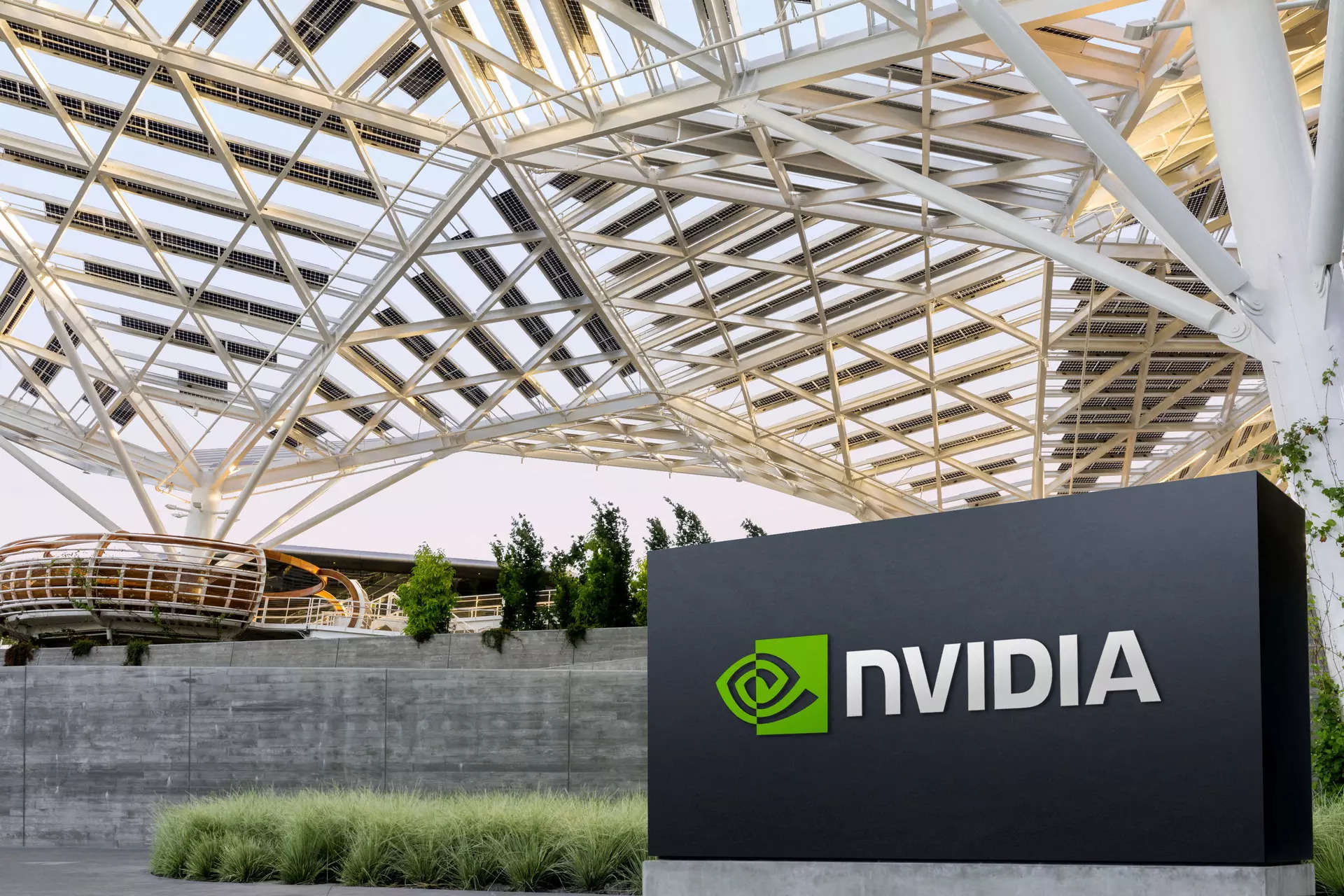Nvidia: Nvidia is building Israel’s most powerful supercomputer for AI applications – Times of India
According to the company, the cloud-based system will be partly operational by the end of 2023. News agency Reuters cited Gilad Shainer, a senior vice president at Nvidia, as saying that Nvidia worked with 800 startups in Israel and tens of thousands of software engineers.
The system, called Israel-1, is expected to deliver performance of up to eight exaflops of AI computing that will essentially make it one of the world’s fastest AI supercomputers. One exaflop computing means the computer has the ability to perform 1 quintillion – or 1,000,000,000,000,000,000 – calculations per second.
Shainer said AI was the “most important technology in our lifetime” and that to develop AI and generative AI applications large graphics processing units (GPUs) were needed.
“Generative AI is going everywhere nowadays. You need to be able to run training on large datasets. This system is a large-scale system that will enable them to do training much quicker, to build frameworks and build solutions that can tackle more complex problems,” Reuters quoted Shainer as saying.
AI supercomputers in demand
Since the boom of AI with the launch of OpenAI’s ChatGPT last year, several companies have started to make investments in highly-powerful machines that can take loads of heavy-duty computing.
OpenAI’s supercomputer was created with thousands of Nvidia A100 graphics chips to support ChatGPT and Bing AI chatbot.
Microsoft is also said to be working with AMD on AI processors that can be used to train large language models (LLMs). Facebook parent company Meta recently unveiled its first custom silicon chip for processing AI programs. The chip is called the Meta Training and Inference Accelerator, or MTIA.
Nvidia also said it had worked with Britain’s University of Bristol to build a new supercomputer using a new Nvidia chip that competes with Intel and AMD.
function loadGtagEvents(isGoogleCampaignActive) { if (!isGoogleCampaignActive) { return; } var id = document.getElementById('toi-plus-google-campaign'); if (id) { return; } (function(f, b, e, v, n, t, s) { t = b.createElement(e); t.async = !0; t.defer = !0; t.src = v; t.id = 'toi-plus-google-campaign'; s = b.getElementsByTagName(e)[0]; s.parentNode.insertBefore(t, s); })(f, b, e, 'https://www.googletagmanager.com/gtag/js?id=AW-877820074', n, t, s); };
window.TimesApps = window.TimesApps || {}; var TimesApps = window.TimesApps; TimesApps.toiPlusEvents = function(config) { var isConfigAvailable = "toiplus_site_settings" in f && "isFBCampaignActive" in f.toiplus_site_settings && "isGoogleCampaignActive" in f.toiplus_site_settings; var isPrimeUser = window.isPrime; if (isConfigAvailable && !isPrimeUser) { loadGtagEvents(f.toiplus_site_settings.isGoogleCampaignActive); loadFBEvents(f.toiplus_site_settings.isFBCampaignActive); } else { var JarvisUrl="https://jarvis.indiatimes.com/v1/feeds/toi_plus/site_settings/643526e21443833f0c454615?db_env=published"; window.getFromClient(JarvisUrl, function(config){ if (config) { loadGtagEvents(config?.isGoogleCampaignActive); loadFBEvents(config?.isFBCampaignActive); } }) } }; })( window, document, 'script', );
For all the latest Technology News Click Here


